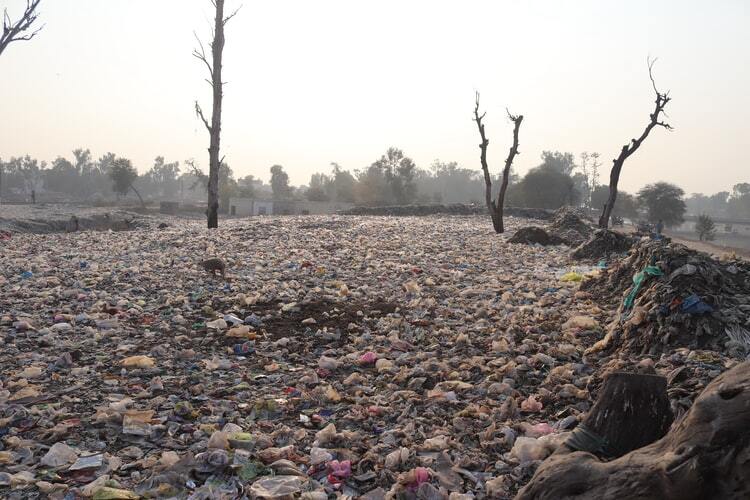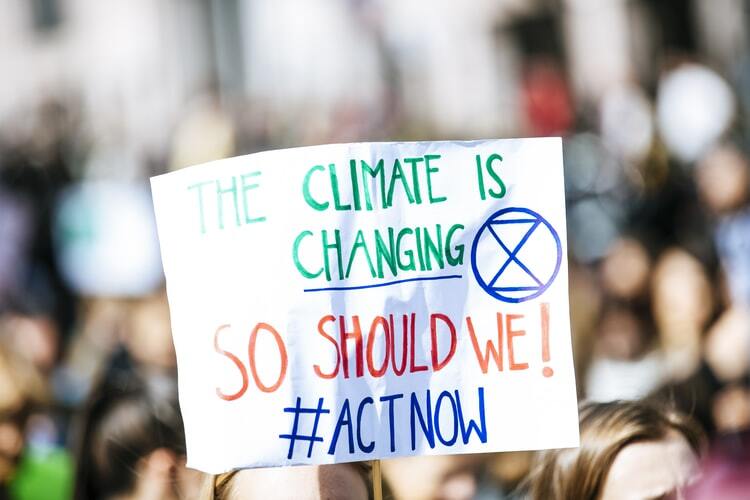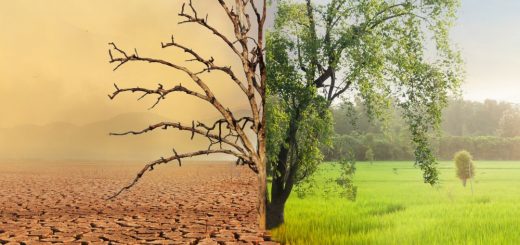Gender equality, climate justice and education go hand in hand
The following article is taken from The Elders’ Intergenerational Climate Blog Series 2021.


Climate justice activist Julieta Martínez from Chile reflects on the intersection between climate change, gender equality, and education and calls for the climate crisis to be viewed from a feminist perspective.
My climate activism began when I was 13 years old. After attending a social innovation event with my parents, I was able to meet and listen to social entrepreneurs working in vulnerable areas, and one major issue was the environment. I remember one person that especially impacted me, who spoke about the use of technology in providing water to vulnerable localities. That one story was my awakening to environmental activism and enabled me to leave the school bubble I was in, believing that you become an environmentalist just by recycling in your classroom. The testimonies I heard spoke of another reality and I realized that the information available to civil society on environmental issues was tremendously insufficient. How is it that in my country there are more than a million people without access to clean drinking water? Why is the issue secondary in the media?
Little by little, as I grew in both age and activism, I became more and more uncomfortable and started questioning the endless denials and biases in the face of the obvious and undeniable. I realized that it was not only a problem in Chile but an issue present in all of Latin America. One of the root causes of this multifaceted problem has to do with the poor environmental education in communities and in the school system where education in climate action is far from a priority. As a consequence, citizens do not connect as they should with the environment and remain unaware of the environmental problems that surround them. As they are often invisible, too many people deny the major problems and abuses to marginalized communities, damaged by a system that constantly leaves them behind and without the tools to defend themselves from environmental conflict.
The more I learned about the climate crisis, the more I understood that I needed to apply an intersectional look. This is not only an environmental crisis but a human rights crisis as well.
It is a crisis with a woman’s face and education as a solution.
70% of the world’s poorest people are women. 80% of climate refugees are women and girls. Out of the 263 million children out of school, 130 million of these are girls. Girls from migrant communities, indigenous peoples, people with disabilities, rural communities, marginalized and invisible communities who do not have access to education end up prisoners of an uncertain future, without economic prosperity, and facing violence, discrimination, and sexism.
Based on our conviction that educating girls will advance climate solutions, in 2021, we, the Tremendas Collective – a global action platform that brings together young people from around the world to promote and work on causes of social impact – launched the Climate Academy. We brought together 600 girls from Latin America with the objective to educate, inform and activate girls as agents of change and provide a platform where young activists can use their skills to transition toward sustainable development.
Informed girls can improve the world, bridge the gap, and take gender equality to the next level.
To read more, click here
Julieta Martínez is a Chilean activist for climate justice and gender equality, founder of the global action platform Tremendas – a collective that works to make visible and empower girl activists working for the United Nations Sustainable Development Goals in 18 countries around the world. She is a member of the Youth Task Force of UN Women’s Equality Generation, and a Co-founder of the international network Latinas For Climate, a platform that works to educate, raise awareness and take action on the climate crisis with a gender perspective. Julieta is also a Co-founder of the Climáticas academy, providing 600 Latin American girls with quality environmental education from a gender perspective.


